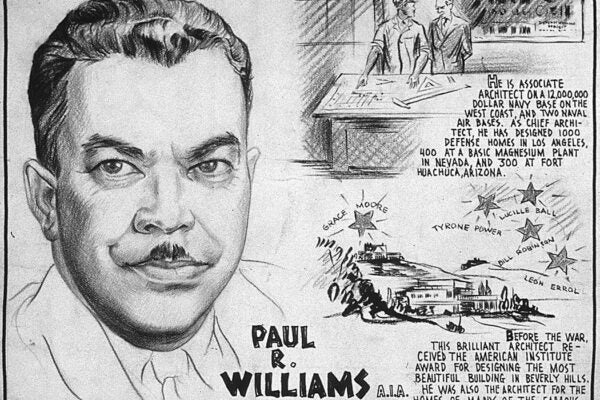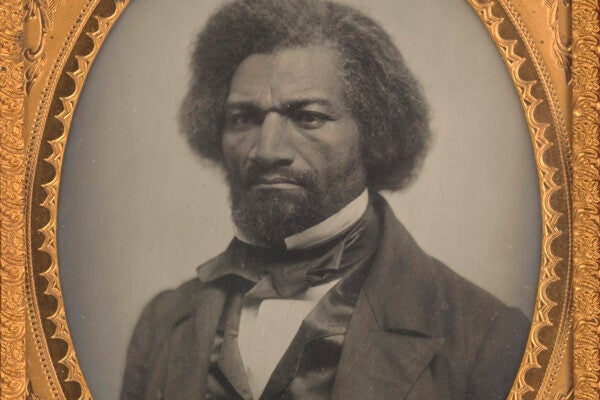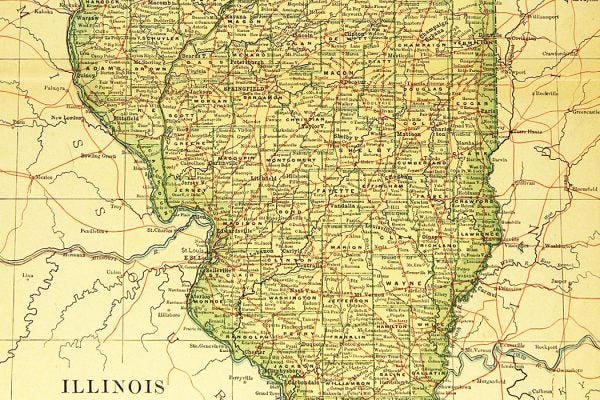Paul Revere Williams: An Architect of Firsts
The first African American architect licensed in the state of California, Williams blazed a trail to the (Hollywood) stars.
Human Remains and Museums: A Reading List
Questions over their value for research conflict with the ethics of possessing the dead, especially when presenting human remains in the setting of a museum.
The Indelible Lessons of Erasure
A Percival Everett fan weighs in on the novelist’s approach to racial satire and considers the translation of Erasure to the big screen in American Fiction.
“What to the Slave is The Fourth of July?”: Annotated
On July 5, 1852, Frederick Douglass gave a Fourth of July speech that became his most famous public oration.
Brown v. Board of Education: Annotated
The 1954 Supreme Court decision, based on the Fourteenth Amendment to the US Constitution, declared that “separate but equal” has no place in education.
The Meaning of Racist Place Names
In one river town in central Illinois, a wetlands called N— Lake was scapegoated for destructive flooding.
The New Negro and the Dawn of the Harlem Renaissance
In 1925, an anthology of Black creative work heralded the arrival of a movement that had been years in the making.
The Death of Steve Biko, Revisited
Like the death of George Floyd, the South African activist Steve Biko’s death galvanized a global movement against racism.
Shayla Lawson: All of Us Came from the Same Root
The poet and essayist Shayla Lawson, author of This Is Major, talks about the meaning of race, Black History Month, and her love for Lizzo.
Why Ulysses S. Grant Was More Important Than You Think
Grant’s presidency is often overlooked, but his accomplishments around civil rights are getting more consideration from historians.









